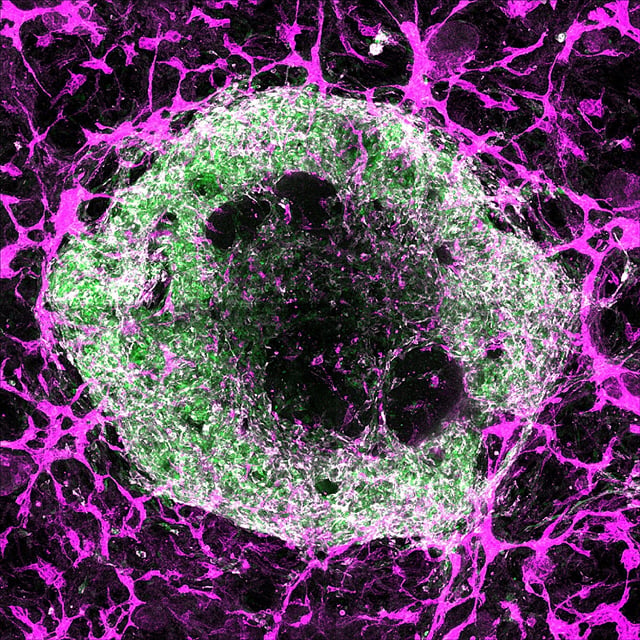Overview
- Stanford Medicine researchers produced heart organoids with functional branching blood vessels and liver counterparts exhibiting robust vascular networks
- Single-cell analysis showed the heart organoids contained 15 to 17 distinct cardiac cell types, closely mirroring a six-week-old human embryonic heart
- The team optimized dozens of signaling molecule combinations and used micropatterning to induce endothelial and smooth muscle cell formation within the organoids
- Vascularized cardiac organoids exposed to fentanyl responded with increased blood vessel formation, demonstrating the models’ utility for studying drug effects
- The breakthrough promises to enhance drug discovery, support personalized medicine and strengthen efforts to replace animal testing with organoid-based drug evaluation

